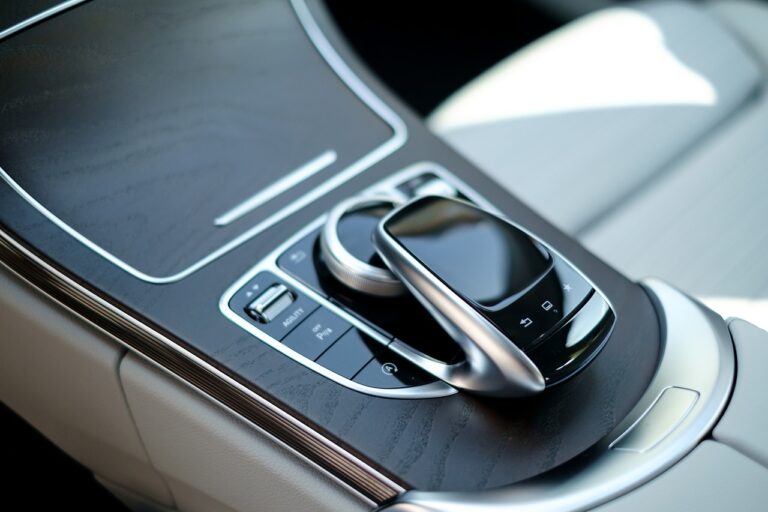The Influence of Privacy Laws on Automotive Data Transfer Mechanisms: Allpaanel, Laser247.com login, Betbook247 login
allpaanel, laser247.com login, betbook247 login: Privacy laws play a significant role in shaping the way automotive data transfer mechanisms operate. With the rise of connected vehicles and the increasing amount of data being generated by cars, it’s crucial to understand how privacy regulations impact the collection, storage, and sharing of this information.
Data privacy laws, such as the General Data Protection Regulation (GDPR) in Europe and the California Consumer Privacy Act (CCPA) in the United States, have had a profound impact on how automotive manufacturers and third-party service providers handle data. These laws impose strict requirements on how personal data is collected, processed, and used, and failure to comply can result in hefty fines and reputational damage.
One of the key areas where privacy laws have influenced automotive data transfer mechanisms is in ensuring that consumers have control over their data. Under GDPR and CCPA, consumers have the right to know what data is being collected about them, how it is being used, and the ability to opt-out of certain data collection practices. This has forced automotive companies to be more transparent about their data practices and to give consumers more control over their information.
Another way in which privacy laws have influenced automotive data transfer mechanisms is through data security requirements. GDPR, for example, mandates that companies implement appropriate security measures to protect personal data from unauthorized access or disclosure. This means that automotive companies must invest in robust cybersecurity measures to ensure that the data collected from vehicles is safe from hackers and other malicious actors.
Furthermore, privacy laws have also impacted how automotive companies share data with third-party service providers. Under GDPR, companies are required to have data processing agreements in place with any third parties that process personal data on their behalf. This means that automotive companies must carefully vet their data partners to ensure that they comply with privacy regulations and have adequate security measures in place.
In conclusion, privacy laws have had a profound impact on automotive data transfer mechanisms, shaping the way data is collected, stored, and shared. By ensuring that consumers have control over their data, imposing strict data security requirements, and regulating data sharing practices, privacy laws are helping to protect the privacy and security of automotive data.
FAQs
What are some examples of personal data collected by connected vehicles?
Personal data collected by connected vehicles can include location data, driving behavior information, vehicle diagnostics, and even biometric data in some cases.
How do privacy laws impact the way automotive companies handle data?
Privacy laws require automotive companies to be more transparent about their data practices, implement robust security measures, and ensure that consumers have control over their data.
What are some of the consequences of non-compliance with privacy laws?
Non-compliance with privacy laws can result in hefty fines, reputational damage, and loss of consumer trust. It can also lead to legal action being taken against the company.







